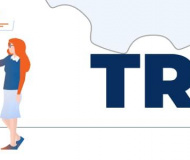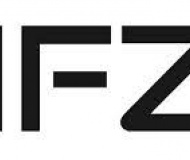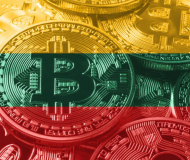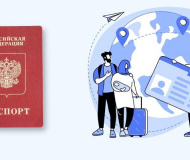License to cable, satellite and digital broadcasting in Great Britain
Date added: :
07.08.2014
For several decades, one of the most dynamically developing and large television industries in Europe is the British one. The pace of introduction of digital technologies in the broadcasting process is also the highest in the UK.
Considering all of the above, we note that broadcasting in the UK is an industry subject to strict state regulation. Legislative basis is a number of laws "On Broadcasting", adopted in 1990 and 1996. The main focus of the authorities governing the broadcasting in the UK is on licensing of services, as well as on the content of broadcast materials.
Strict requirements must be complied with respect to the content of TV shows. There are broadcasting standards, and their execution is monitored by public and supervisory boards. The regulation of broadcasting is based on ensuring responsibility to the viewer. Special Broadcasting Standards Commission was established, which monitors the facts of broadcasting materials that do not conform to the general norms of law and morality.
There is a legally established procedure for obtaining licenses for cable, satellite and digital broadcasting in the UK.
Features of obtaining a license for satellite and cable broadcasting in the UK (TLCS):
- it is issued for 10 years;
- any organization that meets the requirements contained in the Programme Code (applies to the rules of advertising, sponsorship) can receive the TLCS license;
- in order to limit the number of issued broadcasting licenses in the UK since 1996, upon the initiative of the government, amendments have been made to the fundamental Law "On Broadcasting". Important points are the following:
- an individual does not have the right to own two or more licenses. The point concerns broadcasting, which covers more than 15% of the whole TV audience;
- an individual has the right to receive only one license, when it comes to local CB broadcasting and FM broadcasting covering one area. An exception is broadcasting, which takes place due to the public interest;
- an individual should not own more than one national commercial broadcasting service.
Issue of a license for digital broadcasting in the UK (DTPS):
- License is issued to a specific digital broadcasting provider.
- Single license may cover one or more digital broadcast services with multi-channel transmission.
To obtain a license for broadcasting in the UK, it is necessary to:
- Fill out an application for a license and provide company documents.
- Compile the company's charter.
- Submit the last annual financial return.
- Elaborate a scheme in which the structure of the company's shareholders will be demonstrated.
- Provide an indicative plan for the formation of broadcast content.
- Compile the management diagram - Compliance structure.
- Submit a copy of the license to conduct gambling activities (if necessary).
- Make a payment (check for £ 2500).
- As a rule, the waiting time for a decision to issue a license is about one month.
The license is paid annually, in April. The fee depends on the turnover of the company, which provides broadcasting services in the UK.
Important: all contracts with cable operators in the UK must be concluded before the license is obtained for broadcasting. The reason for this is the fact that the availability of a license is not a guarantee of the operator's consent to the broadcasting of the channel.
The specialists of our company will help to obtain a license for broadcasting (cable, satellite, digital) in Great Britain. We provide further maintenance of the issued license.
If you decide to start a business related to broadcasting in the UK, please contact us for obtaining DTPS and TLCS licenses.
















